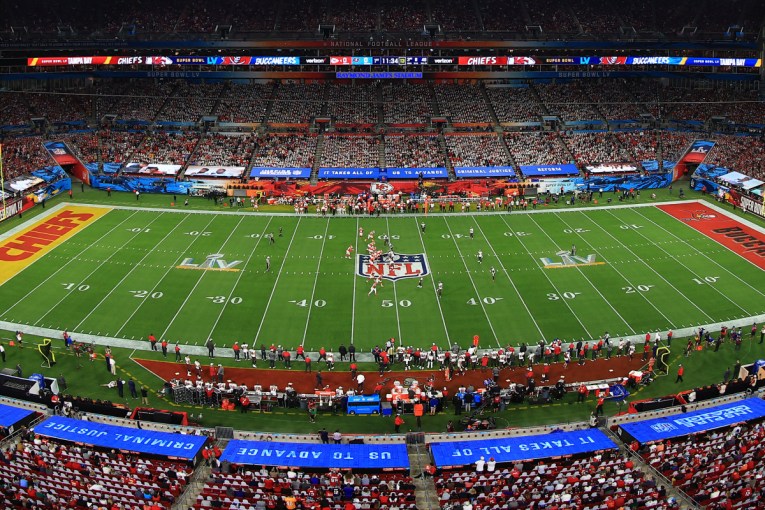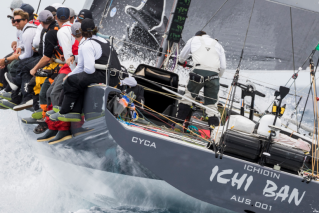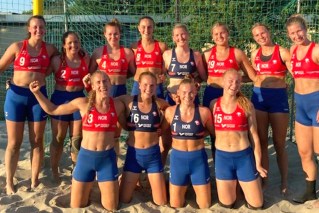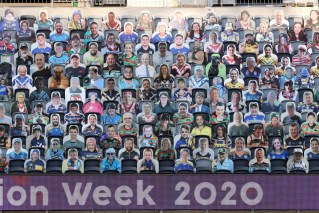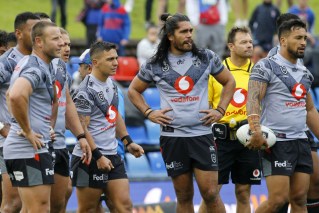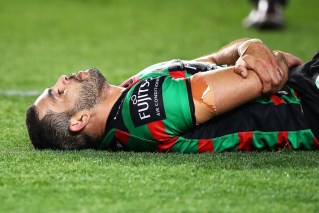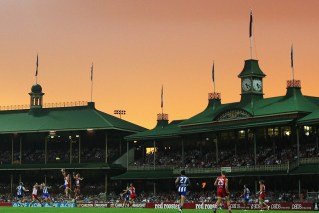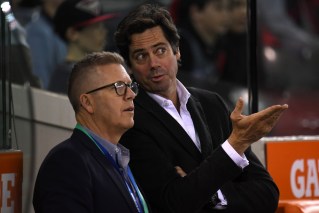The Bunnings of sporting goods prepares to invade

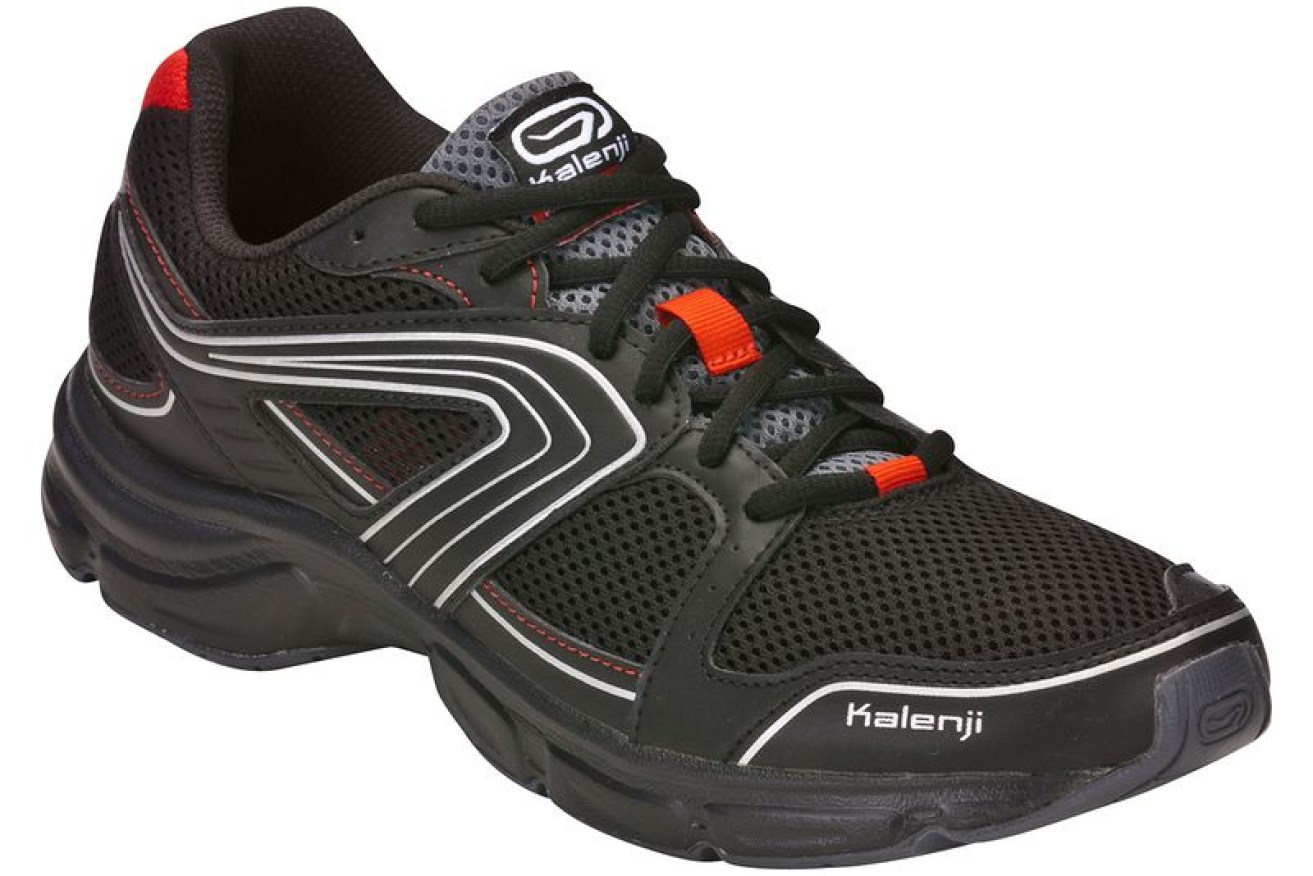
Decathlon's Kalenji branded shoes are in the lower end of the market. Photo: Kelanji.co.uk
Australian chains like Rebel Sports and Sportsmart are quaking in their Skins as the world’s largest sports retailer prepares to muscle in on the local market.
French company Decathlon is making a play for a slice of Australia’s $4 billion sports goods market – and they are intent on shaking things up.
The company’s Australian online shop, Decathlon.com.au, is set to launch in coming days, and they are also planning to build six physical stores in Sydney and Melbourne.
• Fashion gurus rate our Olympics uniforms
• The Footy Show‘s blokes world to get a shake-up
• $40k race win compared to ‘an old-fashioned sting’
Decathlon boasts 300 retail outlets in France, and a further 800 around the globe – 158 of them in China.
The juggernaut employs 70,000 people and last year turned over $11.8 billion after tax.

Decathlon’s stores are similar in scope to Bunnings or Ikea. Photo: Getty
As well as stocking all major brands like Nike and Adidas, the company produces its own budget range of products – such as Kalenji running shoes and active wear, and Artengo tennis racquets.
Australia’s leading sports retailers, Rebel Sports and Amart Sports, are both owned by Super Retail Group – home to such giants as Boating Camping Fishing and Supercheap Auto.
Until now, they’ve largely had free rein in the local sporting goods market without competition from overseas goliaths – but that’s all about to change.
And unlike Rebel, Decathlon plans to avoid the local shopping mall, focusing instead on an online-only launch before creating Bunnings-style warehouse stores catering for, as their website proudly states, “75 sports under the same roof”.
Shannon Walker, executive director of the Australian Sporting Goods Association (ASGA), said retailers will be readying themselves for the fight.
“I think competition is always good in the sporting goods sector,” Mr Walker told The New Daily.
“I think that any new international entrant is going to provide challenges to existing players.

Decathlon’s Kalenji branded shoes are in the lower end of the market. Photo: Kelanji.co.uk
“In terms of a ‘category killer’, I think that’s probably overstating the case.
“[But] you would expect they would have a significant skill set and be able to introduce those retailing skills that they’ve picked up globally into the Australian market.”
But Mr Walker cautioned that gaining a foothold in the Australian market would present Decathlon with challenges of their own.
“Operating in Australia is difficult: we have very high rents compared to a lot of the rest of the world, we have high wages, we have transport costs that are significantly different in terms of distance from the rest of the world,” he said.
“So they’re going to have to take those things into account, and presumably they have done that or they wouldn’t be coming.
“But we’ve seen retailers in the past, not just in the sporting goods sector but in a number of sectors, be a bit surprised by how expensive it is to operate here.”

